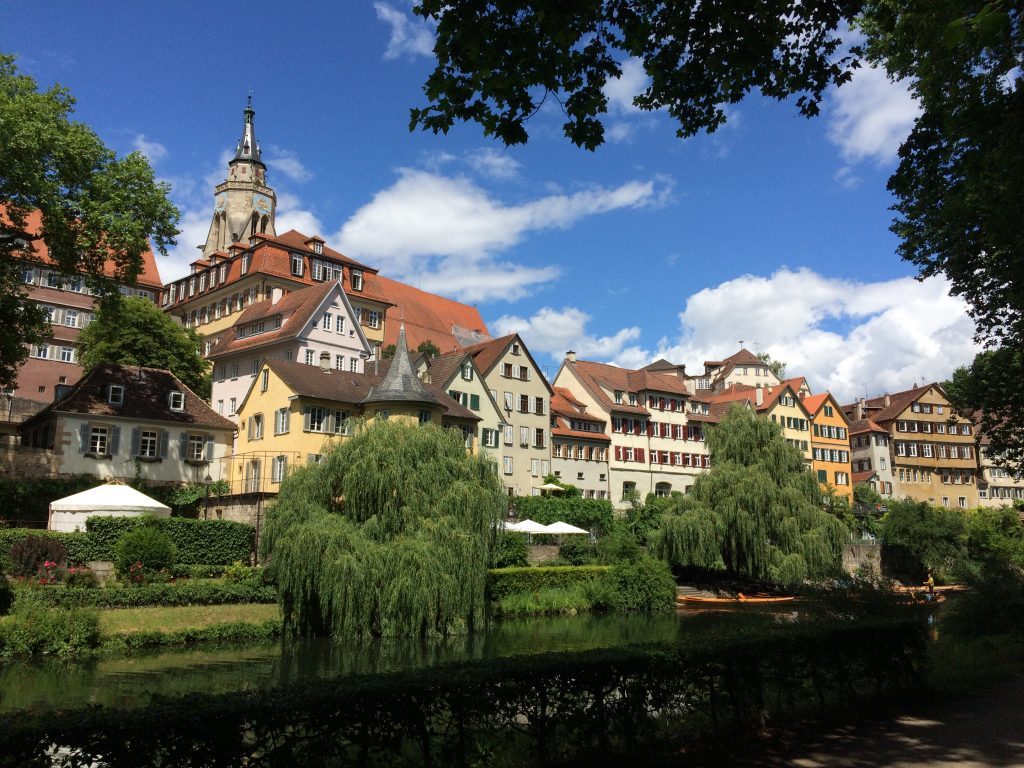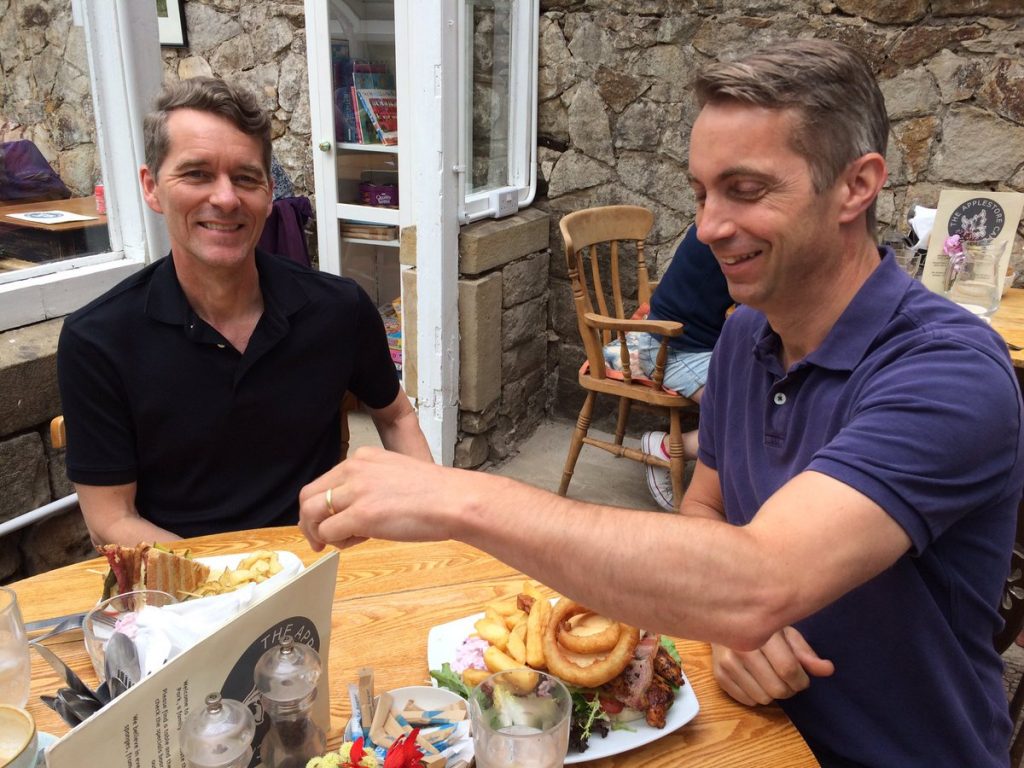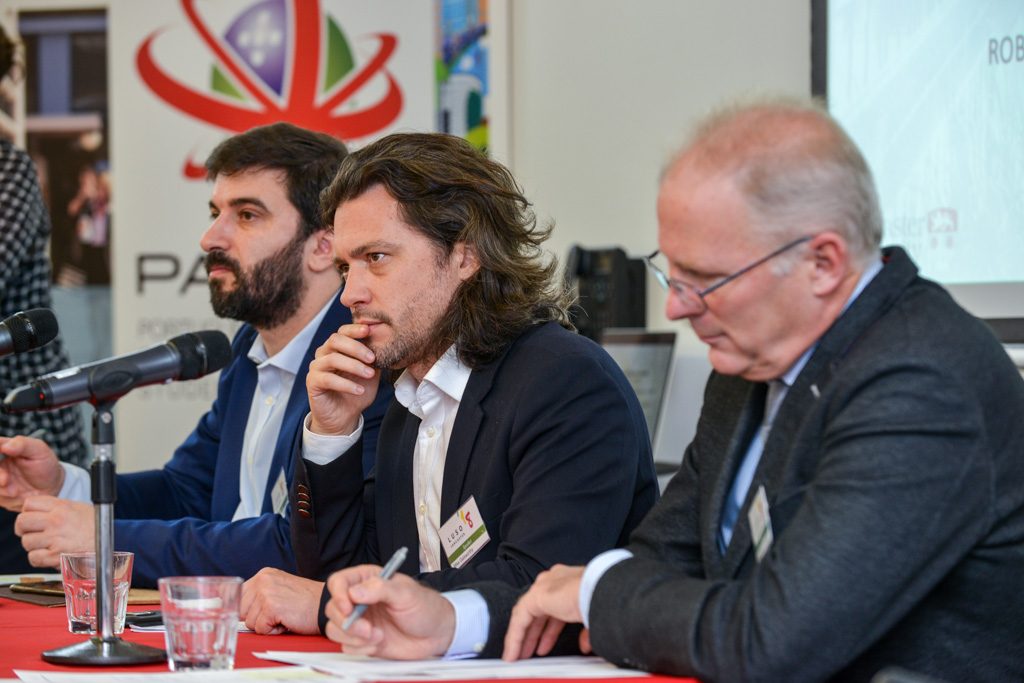New research projects focusing on Latin America were developed when a delegation from Lancaster University travelled to Portugal this month.
The delegation participated in a ‘Research in Latin America’ event organized by one of Lancaster’s strategic partners, NOVA University in Lisbon. The delegation included academics from Lancaster’s Faculties of Arts and Social Sciences, Science and Technology, Health and Medicine, and the Management School as well as professional service staff. A delegation from the University of Cambridge also participated in the workshop.
During the event, more than 60 academics from NOVA, Lancaster and Cambridge were divided into interdisciplinary groups, clustered around topics such as developmental economics, societal challenges, health research and technology. Groups developed new research proposals, which are now being prepared for submission to external funders.
Professor Robert Geyer, Lancaster University’s Interim Dean for Internationalization, said: ‘This was an excellent event for discussing linkages with NOVA and encouraging research interaction and relationships between Lancaster and NOVA academics. We look forward to taking part in the Asia Research event at NOVA in July and inviting NOVA staff to forthcoming Lancaster University research events and activities.’
Dr Patrick Rebuschat, Director of Internationalization, Faculty of Arts and Social Sciences, and Senior Lecturer in Linguistics, said: ‘This was yet another very productive event with our partners at NOVA University. NOVA and Lancaster share the same ambition, to contribute research-led solutions to current and future societal challenges. It is clear that this can only be done effectively by engaging with other universities, businesses and local communities, and our partnership with NOVA University is a clear reflection of this.’
Lancaster University and NOVA University Lisbon established a strategic partnership in June 2018. The purpose of the partnership is to explore opportunities for collaborative research, joint teaching initiatives and strategic knowledge exchange including internationalisation, staff development and student recruitment.
This is the third Lancaster University delegation visit to Lisbon since the signature of the Memorandum of Understanding. A fourth visit will take place in July 2019, when Lancaster is co-organizing a ‘Research in Asia’ event together with NOVA University. To get involved, please email Joe Bourne, j.bourne@lancaster.ac.uk. To learn more about the partnership, including previous events, please visit the partnership website.
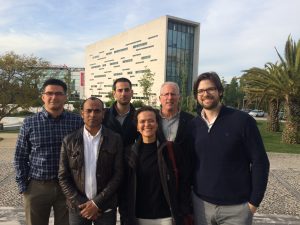
The Lancaster delegation in front of NOVA University’s Reitoria (main administrative building). From left to right: Allan Discua Cruz (LUMS), Amalendu Misra (FASS), David Sobral (FST), Céu Mateus (FHM), Robert Geyer (FASS), Patrick Rebuschat (FASS). Not in the picture: Joana Zózimo (LUMS) and Natasa Lackovic (FASS).
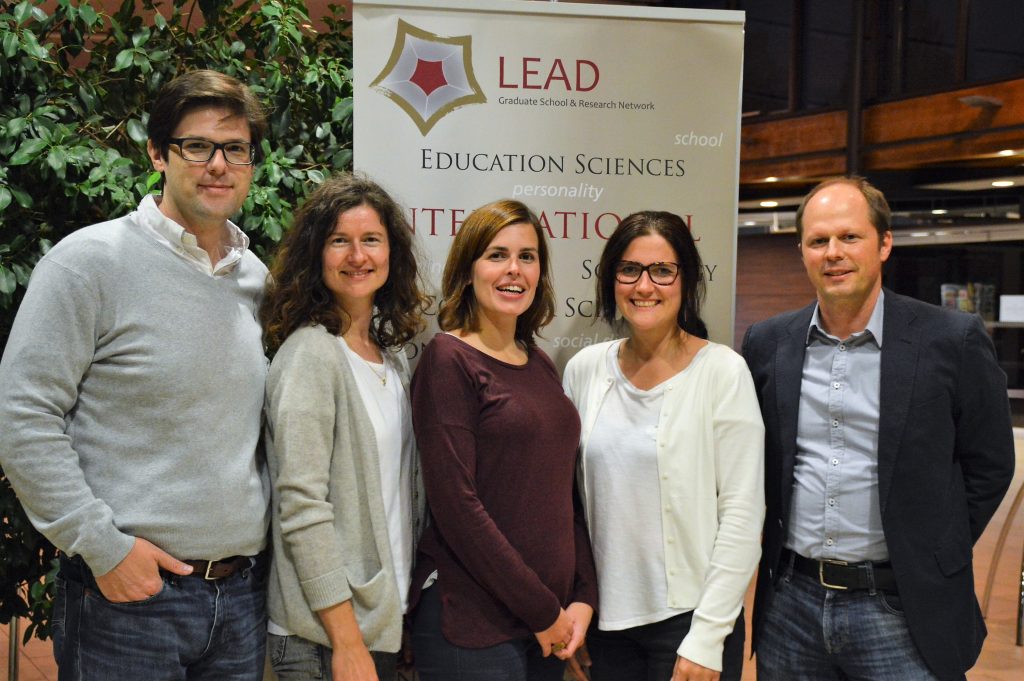

 From left to right: Professor Joao Amaro de Matos, Vice Rector, NOVA University Lisbon; Professor Kirk Semple, Director of International Engagement, Lancaster Environment Centre; Professor Joao Sàágua, Rector, NOVA University Lisbon; Professor Robert Geyer, Interim Dean International, Lancaster University.
From left to right: Professor Joao Amaro de Matos, Vice Rector, NOVA University Lisbon; Professor Kirk Semple, Director of International Engagement, Lancaster Environment Centre; Professor Joao Sàágua, Rector, NOVA University Lisbon; Professor Robert Geyer, Interim Dean International, Lancaster University.